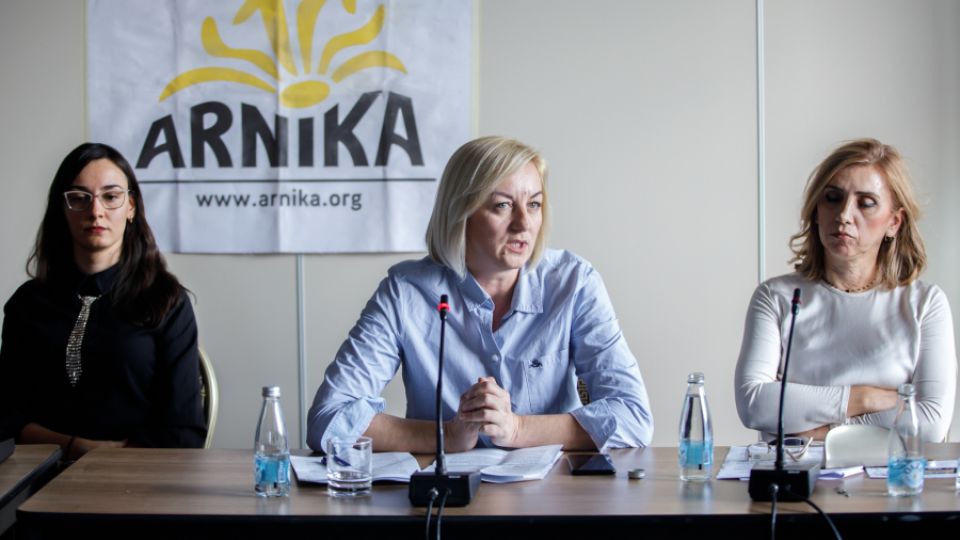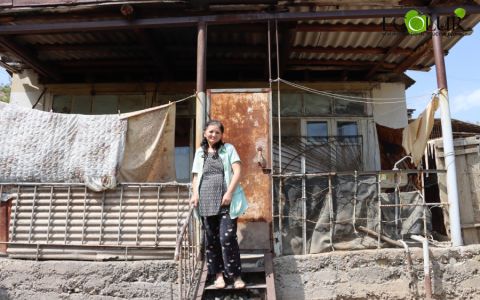On 3-4 November 2022, the "Free The Rivers 2022" conference was held in Sarajevo [1]. It was attended by dozens of civil society representatives and communities from Bosnia and Herzegovina and other Western Balkan countries, state institutions, and international organizations. The participants highlighted, for example, the continued exclusion of civil society from decision-making processes on environmental issues and the need to improve the protection of activists from persecution.
The conference clearly outlined the need for new laws on nature and river conservation and improvements to existing ones. Unfortunately, there is still a systematic exclusion of the public from decision-making on environmental issues, especially in granting permits for hydropower projects in the country. As a result, the construction of small hydropower plants causes irreversible damage to river ecosystems and harms local communities, which often lose access to running water altogether.
“Bosnian communities have recently rebelled against small hydropower projects with large physical protests and blockades. They are often excluded from the preparation process, so there is nothing else for them to do because they may lose access to running water as a result of the spontaneous and ill-conceived construction of small hydropower plants,” explains Zuzana Vachůnová, our project coordinator in Bosnia and Herzegovina, adding: “An environmental problem becomes a social one. The interconnectedness with other issues such as corruption or the dysfunction of some institutions, such as the environmental inspectorate, which are supposed to address this problem, comes to the surface.”
A photo gallery from the conference can be viewed HERE.
Among the real achievements of recent years, speakers named the new energy and renewable energy laws. At the local level, successful cooperation with mayors has been initiated – 23 municipalities have already joined the “Dam-free municipalities“ initiative, committing themselves not to issue any permits for the construction of dams or small hydropower plants on the municipality's territory without prior consultation with citizens.
“I was nicely surprised by how the topic of river protection resonates among citizens. The people of Bosnia and Herzegovina are aware of the unique value of their rivers, which cannot be balanced by the most appealing promises of investors. Moreover, investors often fail to deliver, as we learned from the actual cases presented by community representatives at the conference,” is how Marie Dostálová, a participant and coordinator of our campaign For Living Rivers, summarizes her impressions from the conference.
Interested in the context? Listen to a Czech Radio report on the massive construction of hydroelectric power plants in Bosnia and Herzegovina, where our coordinator Zuzana Vachůnová also talks about the problem (in Czech).

Notes:
[1] The “Free The Rivers 2022” conference was organized by the Coalition for the Protection of Rivers of Bosnia and Herzegovina, Center for Environment, and Arnika (Czech Republic) in collaboration with the ACT Foundation (BiH) and with the financial support of the Transition Promotion Program of the Ministry of Foreign Affairs of the Czech Republic and the Heinrich Böll Stiftung Foundation. You can find the complete programme of the conference here: https://arnika.org/en/events/free-the-rivers-2022







